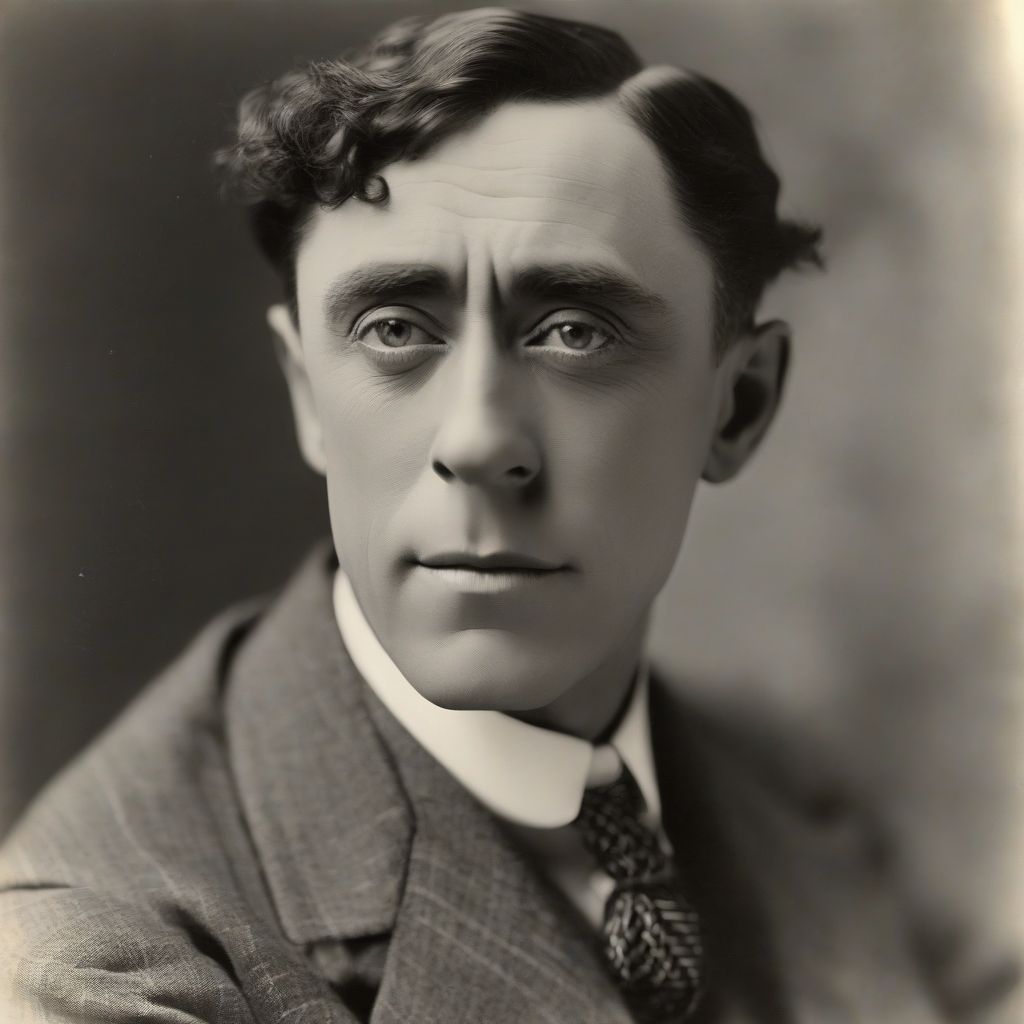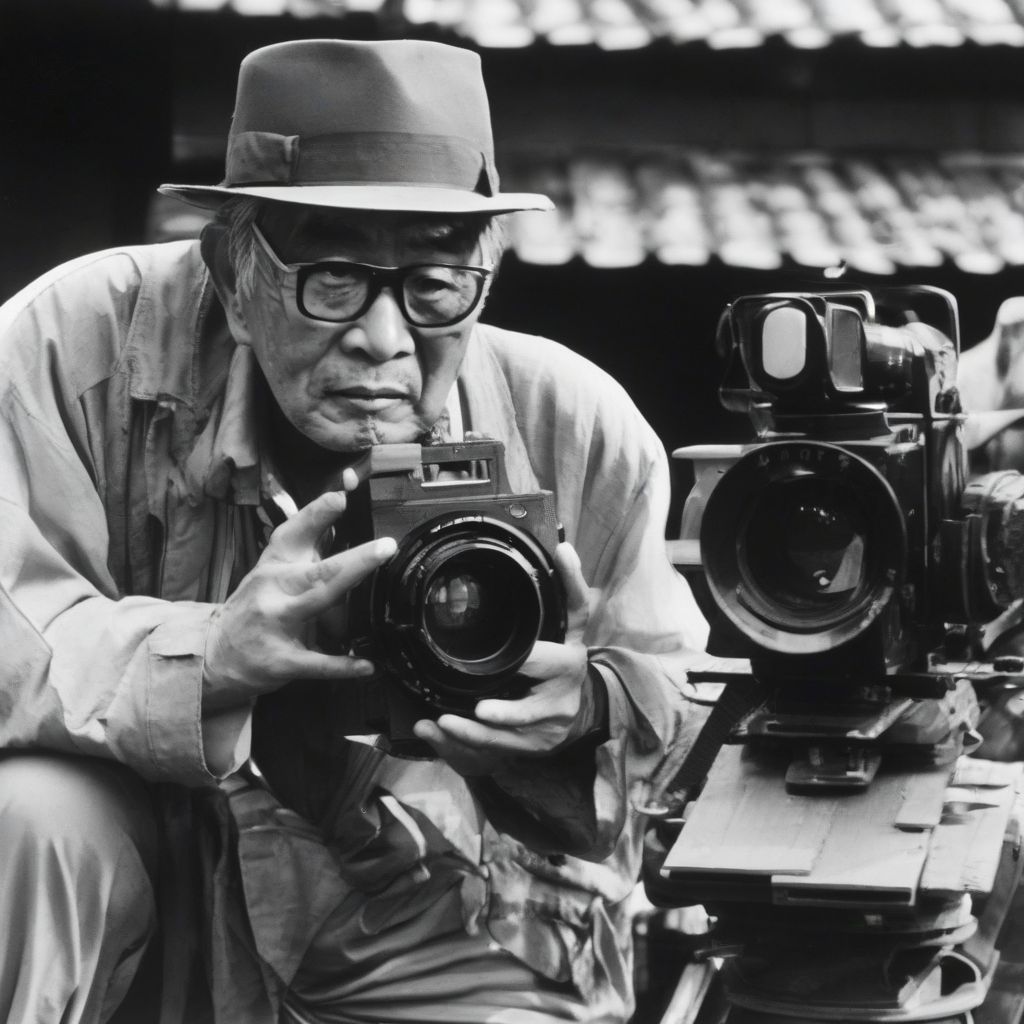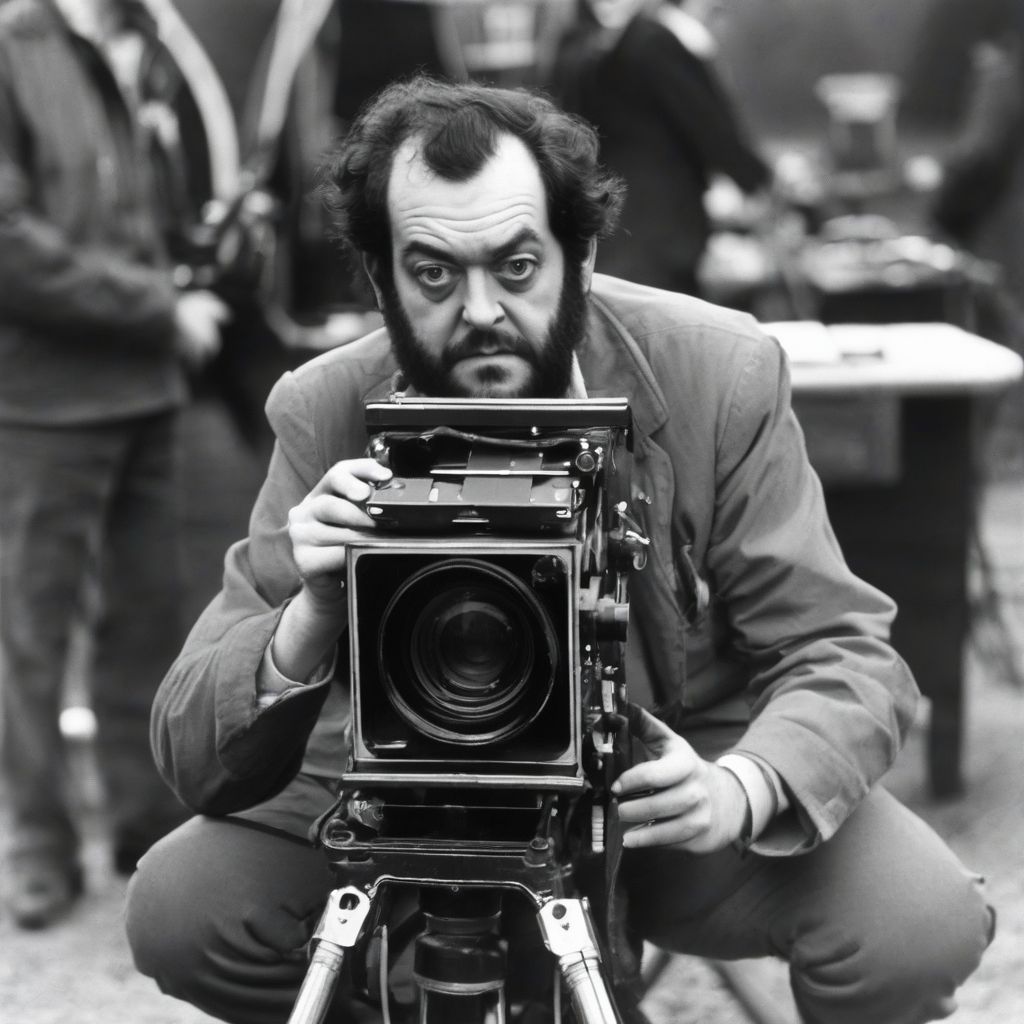“Cinema is the most beautiful fraud in the world,” said Jean-Luc Godard, one of the many visionary directors who transformed the way we see the world. It’s a fraud in the sense that it’s an illusion, a carefully constructed reality designed to evoke emotions and tell stories. But oh, what beautiful fraud it is.
From the silent films of the early 20th century to the CGI-laden blockbusters of today, cinema has always been driven by the vision of passionate individuals who push the boundaries of storytelling, technology, and art. This article shines a spotlight on some of these cinematic pioneers, exploring their unique styles, contributions, and lasting impact on the world of film.
D.W. Griffith: The Birth of Narrative Cinema
Often hailed as the “father of film grammar,” D.W. Griffith revolutionized storytelling on screen. His groundbreaking film, “The Birth of a Nation” (1915), while controversial for its racial themes, introduced innovative techniques like close-ups, parallel editing, and dramatic lighting, shaping the language of narrative cinema for decades to come. Griffith’s emphasis on visual storytelling paved the way for a more immersive and emotionally engaging cinematic experience.
 D.W. Griffith
D.W. Griffith
Alfred Hitchcock: The Master of Suspense
No exploration of influential directors would be complete without Alfred Hitchcock, the “Master of Suspense.” Hitchcock’s films, including “Psycho,” “Vertigo,” and “Rear Window,” masterfully built suspense through innovative camera work, psychological manipulation, and haunting musical scores. He understood the power of suggestion, often leaving audiences terrified by what they didn’t see rather than what they did. Hitchcock’s influence on the thriller and horror genres continues to this day, his techniques emulated by countless filmmakers.
Akira Kurosawa: The Samurai Auteur
Akira Kurosawa, a giant of Japanese cinema, brought the visual poetry of his culture to audiences worldwide. His samurai epics like “Seven Samurai” and “Yojimbo” not only influenced generations of filmmakers, including George Lucas and Sergio Leone, but also transcended cultural barriers, exploring universal themes of honor, duty, and redemption. Kurosawa’s masterful command of action, composition, and emotional depth cemented his place as one of cinema’s greatest storytellers.
 Akira Kurosawa on Set
Akira Kurosawa on Set
Steven Spielberg: The Architect of Blockbusters
Steven Spielberg’s name is synonymous with the modern blockbuster. With films like “Jaws,” “E.T. the Extra-Terrestrial,” and “Jurassic Park,” Spielberg redefined entertainment, masterfully blending spectacle and heart. His ability to transport audiences to worlds both wondrous and terrifying, coupled with his knack for creating iconic characters, made him a household name and cemented his legacy as a pioneer of high-concept, commercially successful filmmaking.
Jane Campion: The Power of the Female Gaze
New Zealand filmmaker Jane Campion brought a distinctly female perspective to cinema with films like “The Piano” and “The Power of the Dog.” Her nuanced explorations of female desire, societal expectations, and the complexities of human relationships challenged conventions and offered refreshing narratives often missing in a male-dominated industry. Campion’s lyrical style, coupled with her commitment to showcasing strong female characters, has paved the way for a new generation of female filmmakers.
Stanley Kubrick: The Visionary Perfectionist
Stanley Kubrick, a cinematic auteur in the truest sense, pushed technological and narrative boundaries with his meticulously crafted films like “2001: A Space Odyssey,” “A Clockwork Orange,” and “The Shining.” Kubrick’s visionary approach to storytelling, often tackling philosophical and existential themes, challenged audiences and left an enduring mark on the art of filmmaking. His innovative use of special effects, his meticulous attention to detail, and his willingness to explore controversial subjects solidified his status as a true cinematic revolutionary.
 Stanley Kubrick on Set
Stanley Kubrick on Set
[amazon bestseller=”filmmaking”]
Beyond the Big Screen: A Legacy of Inspiration
These visionary directors, each with their own unique style and approach to filmmaking, have shaped not just the history of cinema, but also our cultural landscape. Their films provide entertainment, provoke thought, challenge perspectives, and ultimately remind us of the power of storytelling.
As new generations of filmmakers continue to emerge, influenced by the pioneers who came before them, one thing remains certain: the language of cinema, constantly evolving and forever captivating, will continue to reflect the dreams, fears, and aspirations of humanity for generations to come.
What are your favorite films by these iconic directors? What other visionary filmmakers do you think deserve a spot on this list? Share your thoughts in the comments below!
